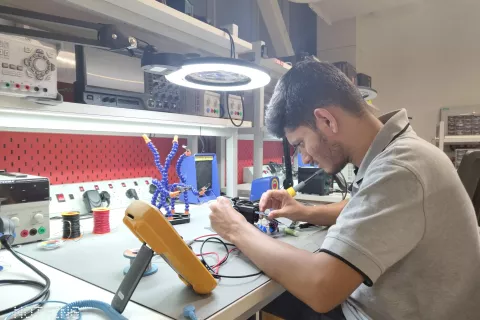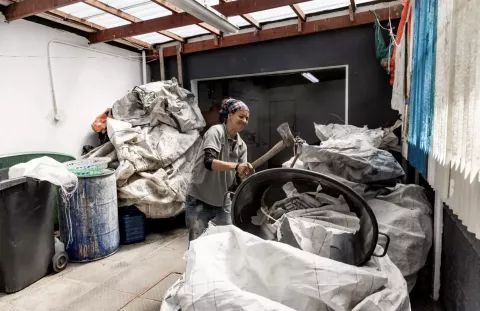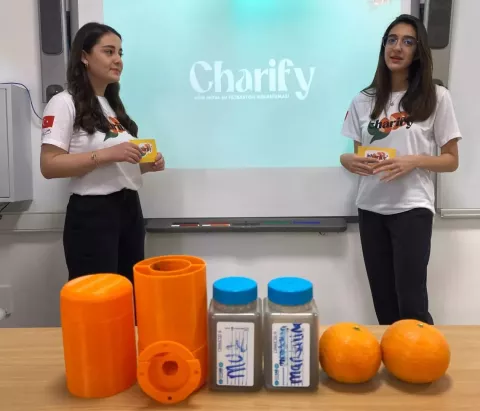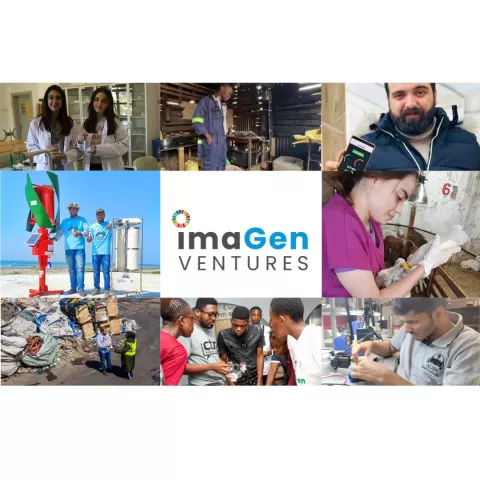Kosovo GenU empowers Europe’s youngest population for a transition to engaged citizenship and work
Unlocking opportunities for work and life
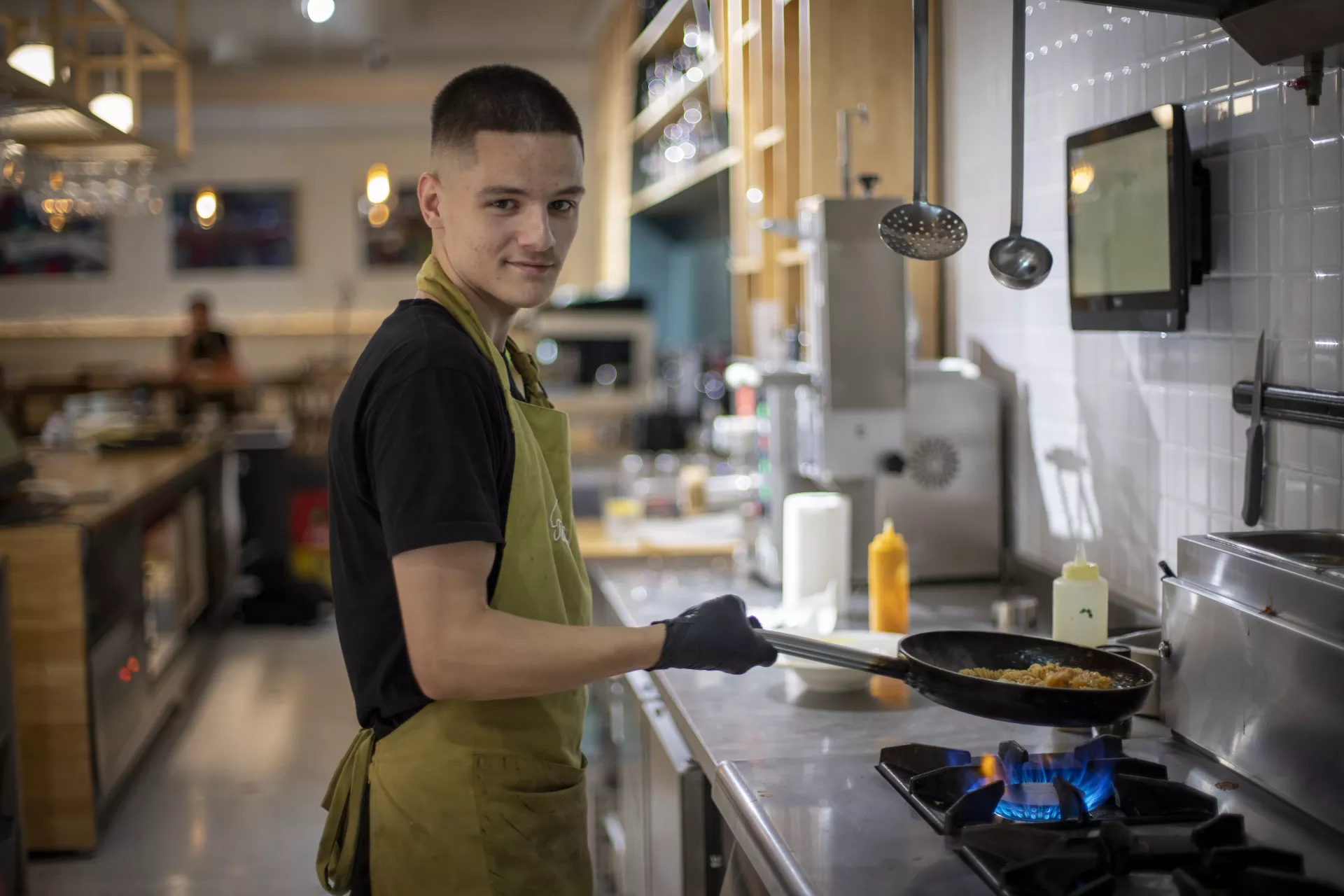
Preparing young people for the world of work will benefit local, national and regional economies, increase security, advance the Sustainable Development Goals (SDGs) and improve the well-being of children, families and communities.
Kosovo Generation Unlimited (K-GenU) is a multisectoral coalition for collaboration, led by Kosovo’s Ministry of Finance, Labour and Transfers.1 The initiative has the ambition to unlock the potential of 10,000 young people by scaling up investment in opportunities with and for youth.2 K-GenU brings together government institutions, development partners, private sector actors, civil society organizations and young people. The partnership empowers and engages young people by connecting them with opportunities to improve their transition from school to work through skills development, mentorship, internship or employment.
Who does K-GenU target?
Almost one third (29.8 per cent) of youth aged 15–24 years in Kosovo are not in education, employment or training (NEET) and find themselves without opportunities to study or work. The K-GenU internship programme aims to develop the skills and enhance the employability of adolescents and young people who may not otherwise have opportunities to be exposed to the world of work. The programme targets adolescent girls and boys and young women and men aged 16–24 years, with a special focus on reaching NEET adolescents and youth – especially those from ethnic minorities, those with functional difficulties or disabilities, and those from rural areas or poorer backgrounds.
K-GenU in action
The K-GenU model combines tested approaches, flexibility and innovation with a strong institutional anchorage and ownership within the Ministry of Finance, Labour and Transfers.
Since its launch in 2020, K-GenU has to date successfully engaged 1,294 young people in three-month paid internships, which are accompanied by mentoring and training opportunities during the placement. UNICEF mobilized more than 200 private sector companies along with public institutions to deliver this initiative. An impressive 30 per cent of the young interns were retained and employed following completion of their initial placement – a figure that has caught the interest of several partners.
As of early 2022, the Ministry of Finance, Labour and Transfers, UNICEF and private sector partners have agreed to scale up the initiative through an expanded partnership between the Government of Kosovo, the private sector and young people, with the explicit goal of benefiting 10,000 young people in the next two years. This initiative, under the K-GenU umbrella, will be managed in future by the Ministry of Finance, Labour and Transfers and is co-funded by the Government, private sector and development partners. The K-GenU platform has enabled the development of this sustainable internship model to address Kosovo’s critical school-to-work transition challenges, with strong government leadership and collaboration from key sectors, including the private sector and young people themselves.
1 All references to Kosovo in this programme brief should be understood to be in the context of United Nations Security Council resolution 1244 (1999).
2 In the first quarter of 2021, 98,730 youth (aged 15–24 years) in Kosovo – 29.8 per cent of the youth population – were not in education, employment or in training. Among female youth only, the NEET rate was 29.6 per cent, compared with 29.9 per cent for male youth only.

